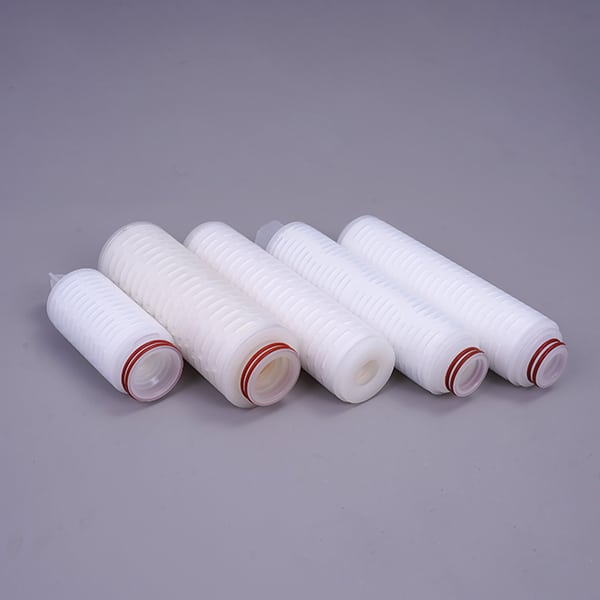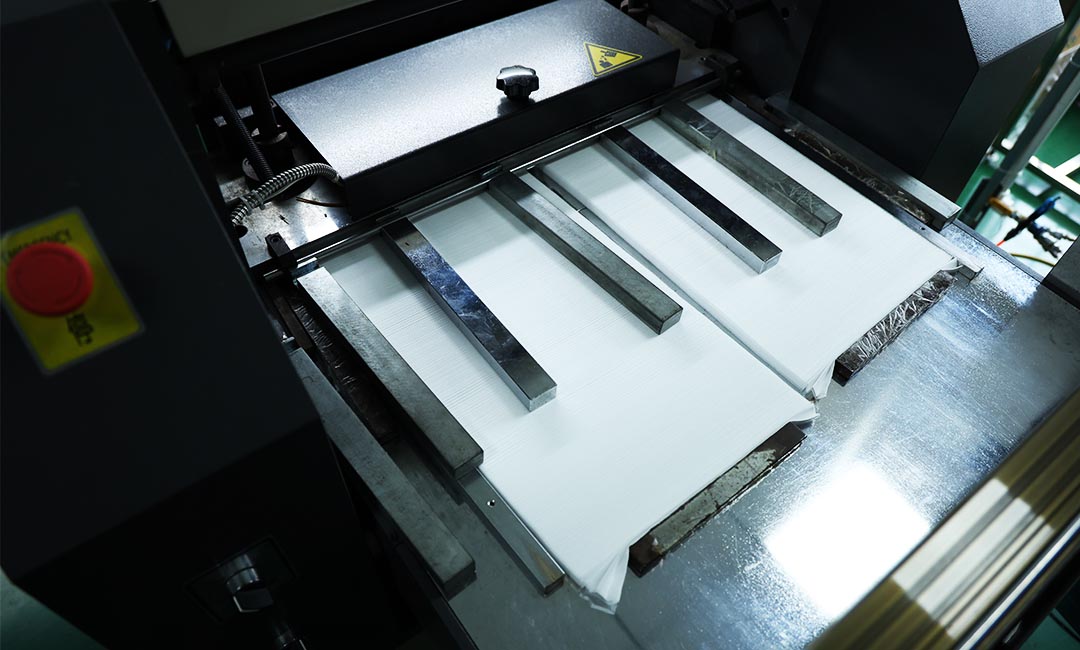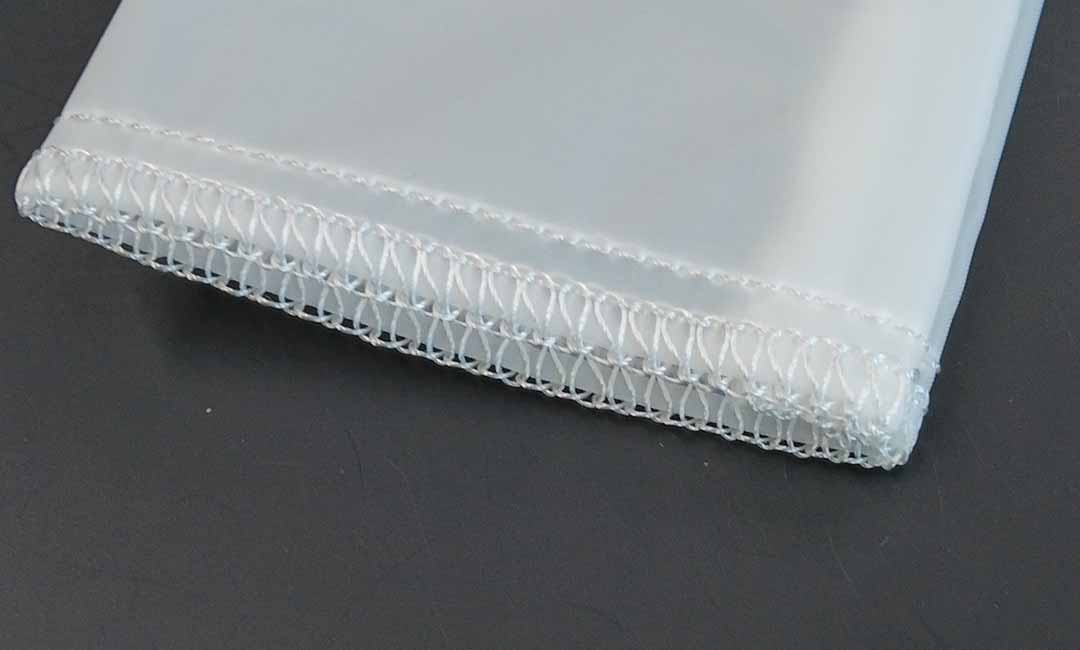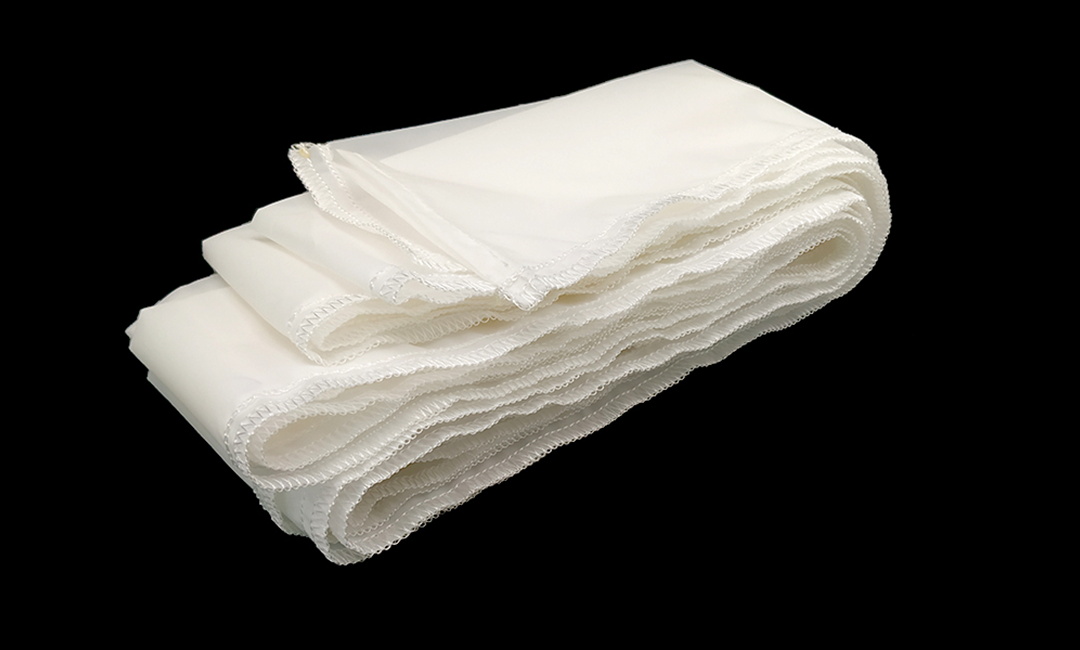
Is a Filter Bag Essential for Rosin Pressing?
Benefits of Using a Filter Bag for Rosin Pressing
Rosin pressing has become increasingly popular among cannabis enthusiasts and home growers as a safe and effective method for extracting high-quality concentrates. One of the key components of the rosin pressing process is the use of a filter bag. But is a filter bag essential for rosin pressing? In this article, we will explore the benefits of using a filter bag and why it is an essential tool for achieving the best results when pressing rosin.

First and foremost, a filter bag plays a crucial role in the rosin pressing process by containing the cannabis material and preventing it from coming into direct contact with the heating plates of the press. This helps to protect the heating plates from being clogged with plant material, which can affect the efficiency and quality of the extraction. By using a filter bag, you can ensure that only the purest and most potent resin is extracted during the pressing process.
Additionally, a filter bag helps to separate the plant material from the extracted resin, resulting in a cleaner and more refined final product. The filter bag acts as a barrier that allows the resin to flow through while trapping the plant material inside. This not only improves the overall quality of the rosin but also makes it easier to handle and store.
Furthermore, using a filter bag can help to improve the yield of your rosin pressing process. By containing the cannabis material within the filter bag, you can apply more pressure during the pressing process without worrying about the material spilling out or getting stuck to the heating plates. This allows for a more efficient extraction of the resin, resulting in a higher yield of concentrate.
Another benefit of using a filter bag for rosin pressing is that it helps to preserve the terpene profile of the cannabis material. Terpenes are the aromatic compounds found in cannabis that contribute to its flavor and aroma. By using a filter bag, you can prevent the terpenes from being lost or degraded during the pressing process, ensuring that the final product retains its full spectrum of flavors and aromas.
In addition to these benefits, using a filter bag can also make the rosin pressing process more convenient and less messy. The filter bag acts as a containment vessel for the cannabis material, making it easier to load and unload the press without spilling or wasting any material. This can save time and effort, making the overall process more efficient and enjoyable.
Overall, while a filter bag may not be absolutely essential for rosin pressing, it is highly recommended for anyone looking to achieve the best possible results. The benefits of using a filter bag, such as protecting the heating plates, improving the quality and yield of the rosin, preserving the terpene profile, and making the process more convenient, make it a valuable tool for any rosin enthusiast. Whether you are a beginner or an experienced rosin presser, investing in a high-quality filter bag can help you take your rosin pressing to the next level.
How to Choose the Right Filter Bag for Rosin Pressing
Rosin pressing has become increasingly popular among cannabis enthusiasts and DIY extractors. This solventless extraction method involves applying heat and pressure to cannabis flower or hash to extract the valuable cannabinoids and terpenes. One essential tool for successful rosin pressing is a filter bag. But is a filter bag really necessary for rosin pressing, and how do you choose the right one for your needs?
Filter bags play a crucial role in the rosin pressing process. They help contain the material being pressed, prevent plant material from contaminating the final product, and improve the overall quality of the rosin. Without a filter bag, plant material can seep into the rosin, resulting in a lower-quality extract that is less potent and flavorful.

When choosing a filter bag for rosin pressing, there are several factors to consider. The first is the material of the bag. Most filter bags are made from nylon or polyester, which are heat-resistant and durable. Nylon bags are preferred by many extractors for their strength and ability to withstand high temperatures without melting or degrading.
Another important factor to consider is the micron size of the filter bag. The micron size refers to the size of the pores in the bag, which determines what size particles can pass through. For rosin pressing, a lower micron size is generally preferred, as it helps to filter out more plant material and produce a cleaner, higher-quality extract. Common micron sizes for rosin pressing range from 25 to 160 microns, with 90 microns being a popular choice for most extractors.
In addition to material and micron size, the size and shape of the filter bag are also important considerations. Filter bags come in various sizes to accommodate different amounts of material, so it’s essential to choose a bag that fits the amount of material you plan to press. The shape of the bag can also affect the efficiency of the pressing process, with square or rectangular bags often providing better results than round bags.
When using a filter bag for rosin pressing, it’s essential to properly pack the material to ensure even distribution of pressure and heat. Overpacking the bag can lead to blowouts or uneven extraction, while underpacking can result in lower yields. It’s also important to pre-press the material before placing it in the filter bag to remove excess moisture and improve the overall quality of the extract.
In conclusion, a filter bag is an essential tool for successful rosin pressing. It helps contain the material, filter out plant material, and improve the overall quality of the extract. When choosing a filter bag, consider the material, micron size, size, and shape to ensure optimal results. By using the right filter bag and following proper pressing techniques, you can produce high-quality rosin extracts that are potent, flavorful, and free of contaminants.
Common Mistakes to Avoid When Using a Filter Bag for Rosin Pressing
Rosin pressing has become a popular method for extracting cannabis concentrates due to its simplicity and effectiveness. One key component of the rosin pressing process is the use of a filter bag. Filter bags are essential for trapping plant material and allowing only the pure concentrate to flow through. However, there are common mistakes that can occur when using a filter bag for rosin pressing that can affect the quality of the final product.
One common mistake is using a filter bag that is too small or too large for the amount of material being pressed. If the filter bag is too small, it may not be able to contain all of the plant material, leading to contamination of the concentrate. On the other hand, if the filter bag is too large, it may not provide enough pressure to properly extract the concentrate. It is important to choose a filter bag that is the right size for the amount of material being pressed to ensure a successful extraction.
Another mistake to avoid is using a filter bag that is made of low-quality material. Filter bags come in a variety of materials, including nylon and polyester. It is important to choose a filter bag that is made of a durable material that can withstand the heat and pressure of the rosin pressing process. Low-quality filter bags may tear or break during the pressing process, leading to contamination of the concentrate.
It is also important to properly pack the filter bag with the material being pressed. Overpacking the filter bag can lead to uneven pressure distribution, resulting in a lower yield of concentrate. It is important to evenly distribute the material in the filter bag to ensure a consistent extraction. Additionally, it is important to avoid packing the material too tightly, as this can restrict the flow of the concentrate.
Another common mistake is using a filter bag that is not properly secured during the pressing process. If the filter bag is not securely closed, plant material may escape into the final product, affecting the purity and quality of the concentrate. It is important to securely close the filter bag before placing it in the rosin press to prevent any contamination.
It is also important to monitor the temperature and pressure during the rosin pressing process. Using excessive heat or pressure can cause the filter bag to burst, leading to contamination of the concentrate. It is important to follow the manufacturer’s guidelines for temperature and pressure settings to ensure a successful extraction.
In conclusion, a filter bag is essential for rosin pressing to ensure a clean and pure concentrate. However, there are common mistakes that can occur when using a filter bag that can affect the quality of the final product. By choosing the right size and material for the filter bag, properly packing the material, securely closing the filter bag, and monitoring the temperature and pressure, you can avoid these common mistakes and achieve a successful extraction.
Alternative Methods to Using a Filter Bag for Rosin Pressing
Rosin pressing has become a popular method for extracting cannabis concentrates due to its simplicity and effectiveness. One common accessory used in rosin pressing is a filter bag, which helps to contain the material being pressed and prevent plant material from contaminating the final product. While filter bags are commonly used in rosin pressing, some users may wonder if they are truly essential for the process.
Filter bags are typically made from nylon or polyester mesh and come in various micron sizes, which determine the level of filtration they provide. The primary purpose of a filter bag is to contain the material being pressed, allowing the rosin to flow freely while trapping any plant material or contaminants. This can result in a cleaner and more pure final product, as well as prevent the press plates from becoming clogged with plant material.
However, some users may choose to press rosin without using a filter bag for a variety of reasons. One reason is cost – filter bags can be an additional expense, especially if they need to be replaced frequently. Additionally, some users may prefer the aesthetic of rosin pressed without a filter bag, as it can result in a more natural appearance with visible plant material.
Another reason some users may opt to press rosin without a filter bag is to experiment with different techniques and achieve different results. Pressing without a filter bag can result in a higher yield, as the material is not restricted by the mesh of the bag. This can be beneficial for users looking to maximize their yield or experiment with different pressing techniques.
While pressing rosin without a filter bag can have its benefits, there are also some drawbacks to consider. Without a filter bag, plant material can contaminate the final product, resulting in a lower quality extract. Additionally, the lack of a filter bag can make it more difficult to collect and handle the rosin, as it may be more prone to sticking to surfaces or becoming contaminated.

For users who are considering pressing rosin without a filter bag, there are alternative methods that can help to achieve similar results. One option is to use parchment paper to contain the material being pressed. Parchment paper is non-stick and heat-resistant, making it a suitable alternative to a filter bag. Additionally, some users may choose to use a pre-press mold to shape the material before pressing, which can help to contain the material and prevent it from spreading out during the pressing process.
In conclusion, while filter bags are commonly used in rosin pressing, they are not necessarily essential for the process. Some users may choose to press rosin without a filter bag for a variety of reasons, including cost, aesthetics, and experimentation. However, pressing without a filter bag can have its drawbacks, including a lower quality final product and difficulty handling the rosin. For users looking to press rosin without a filter bag, there are alternative methods that can help to achieve similar results. Ultimately, the decision to use a filter bag in rosin pressing is a personal one, and users should consider their own preferences and goals when deciding whether or not to use one.

